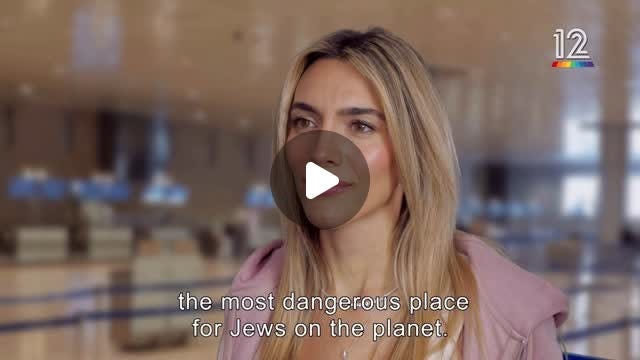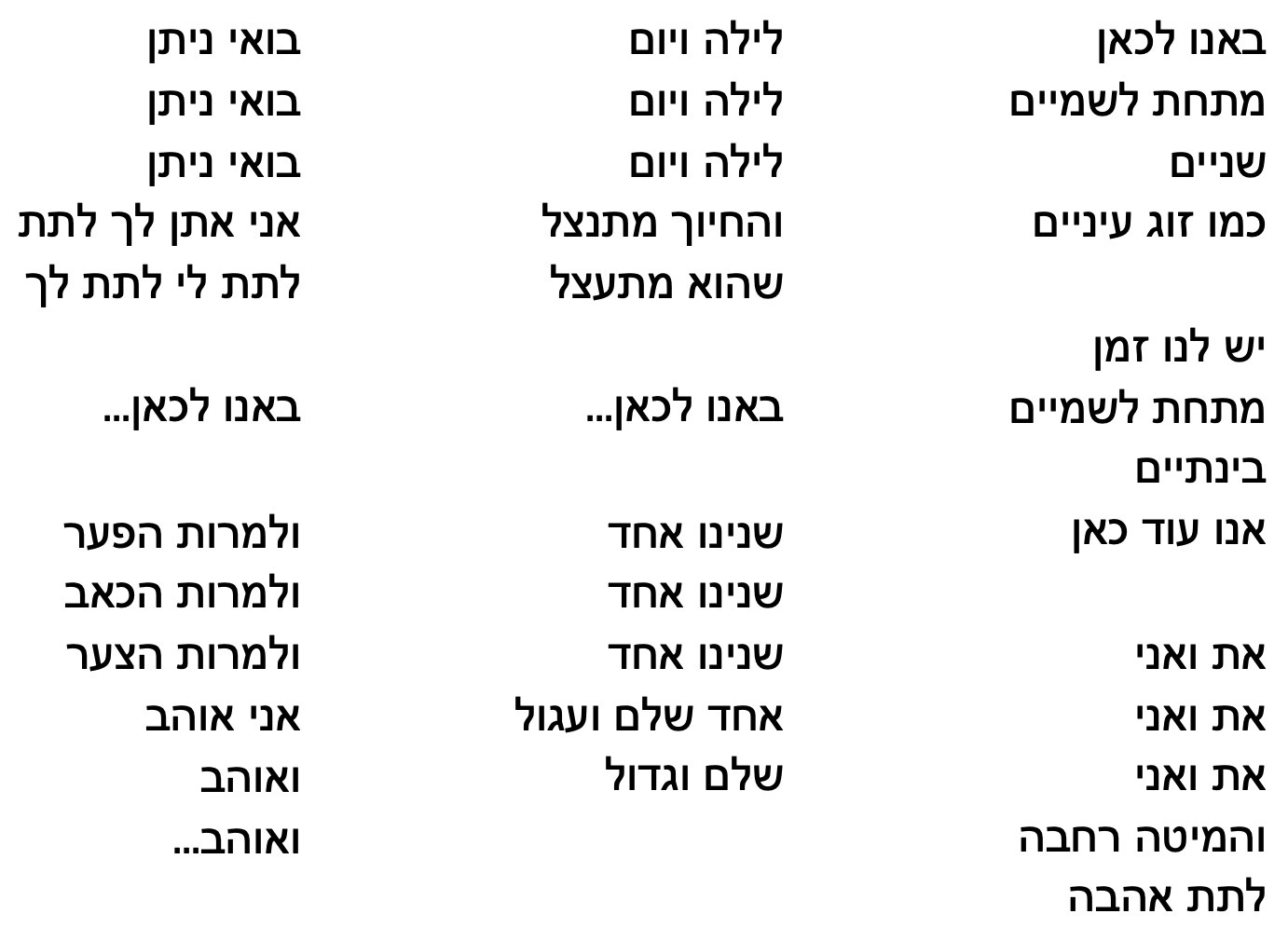"It's not the same country you grew up in," but (at least one) is still the country that makes you cry.
Description
“Eliminate the Diaspora,” said Vladimir Jabotinsky, one of the great minds of early Zionism, “before it eliminates you.” Jabotinsky used that line, apparently, in a speech to Polish Jewry on Tisha B’av, 1938, when he also said:
It is already three years that I am calling upon you, Polish Jewry... I continue to warn you incessantly that a catastrophe is coming closer... I see that you are not seeing this because you are immersed and sunk in your daily worries... in this 12th hour: In the name of God! Let anyone of you save himself as long as there is still time. And time there is very little.
“How did they not leave before it was too late?” Israeli kids are taught to ask, from a very early young age. After all, in hindsight, it seems patently obvious that it was time to get out. But life is complex, things are never as black and white in the present as they seem in retrospect and it’s never easy to leave—or to know to where to go (there wasn’t even a Jewish state when Jabotinsky made that statement, and the British had closed Palestine to Jews while the US had closed America to almost everyone).
This core claim of classic Zionism, though, that the Jews should have seen what was coming long before it was too late, is so deeply embedded in Israel’s ethos that what is happening in the Diaspora today (and for Israelis, what is particularly fascinating and worrying is the recent election of Zohran Mamdani in New York) that Diaspora current events seem to make an argument for the Jewish state, all over again.
But … the Jewish state is not exactly drowning in a sea of self-confidence. These are complex times in Israel, and we have—on numerous occasions—pointed to the statistics of Israelis leaving the country … though where those leaving now might go to is much less obvious than it might have been a couple of years ago.

So, if it’s time to leave the Diaspora before it’s too late yet it’s also (say some) time to leave Israel before it’s too late, where should a Jew go? That classically Jewish predicament, which is neither new nor lighthearted, lies at the core of the following clip from Eretz Nehederet (the subtitles are theirs, make sure you have “mute” turned off), the beginning of which is also posted at the top of this post.
If you would like to share our conversation about what Israelis are feeling and expressing at this unprecedented moment in our history, we invite you to subscribe today.
Share Israel from the Inside with Daniel Gordis

Yet while the clip above got thousands and thousands of views, lots of “likes” and more than a thousand comments, the Eretz Nehederet clip that really touched Israelis in recent weeks was devoid of cynicism, and was absent all existential angst. It was just pure joy, pure gratitude, and evoked more than a few tears.
Alon Ohel, one of the living hostages released in the final group, had long been much discussed in the Israel press. A talented pianist who practiced even when in his cage in the tunnel by tapping his fingers on his legs, whose eye injury had not been treated by Hamas so there was worry that he would be blinded in one eye (Israeli doctors have some confidence that they can restore at least some of the sight in that eye) and who was portrayed by other hostages who had been with him as so fragile that they feared he might not survive without them once they were released, has so far proven much more resilient than many feared.
And what better way to celebrate the end of at least that phase of the horror by bringing in on to Eretz Nehederet to … play the piano. Israelis know the entire cast of Eretz Nehederet, who sing along with him. Who each of them are and what characters they play on a weekly basis doesn’t matter so much at this moment.
Here is the song (words by Meir Ariel, melody by David Broza, two of Israel’s musical giants) first in Hebrew, then in English from LyricsTranslate).
And then, the video of Alon Ohel playing for the entire country that had prayed for his return.
UNDER THE HEAVENS
We came here
under heaven
the two of us
like a pair of eyes
We have time
under heaven
in the meantime
we are still here
You and me
you and me
you and me
and our wide bed
to give love
Night and day
night and day
night and day
and the smile apologizes
that he is lazy
We came here...
The two of us are one
the two of us are one
the two of us are one
one perfect and round
perfect and strong
Come we will give
come we will give
come we will give
I will allow you to give
to give to me to give to you
We came here...
And despite the gap
and despite the pain
and despite the sorrow
I love
and love
and love...
Numerous Israelis pointed out that Alon Ohel’s demeanor seemed to change even during the song—playing like that, with the famous and much-beloved cast, appeared to be part of his healing. Th







